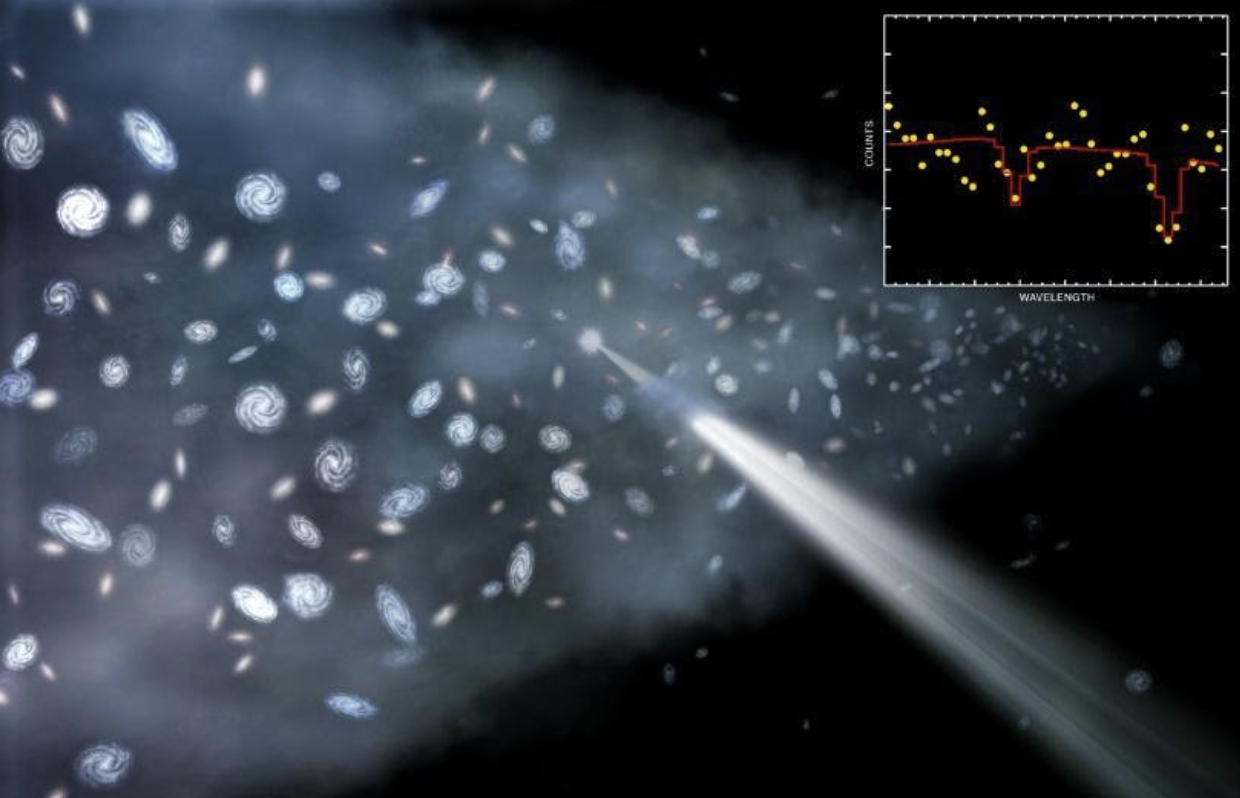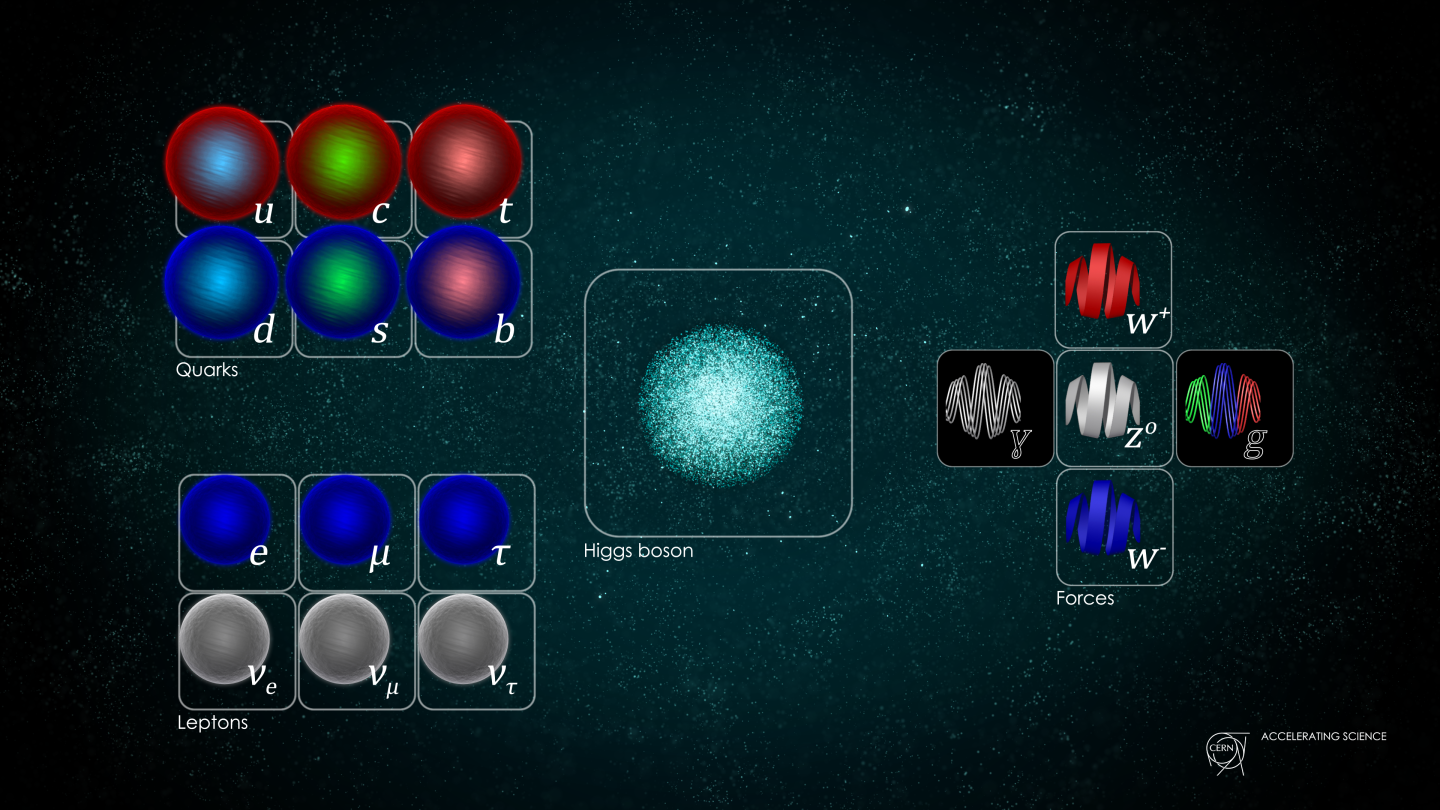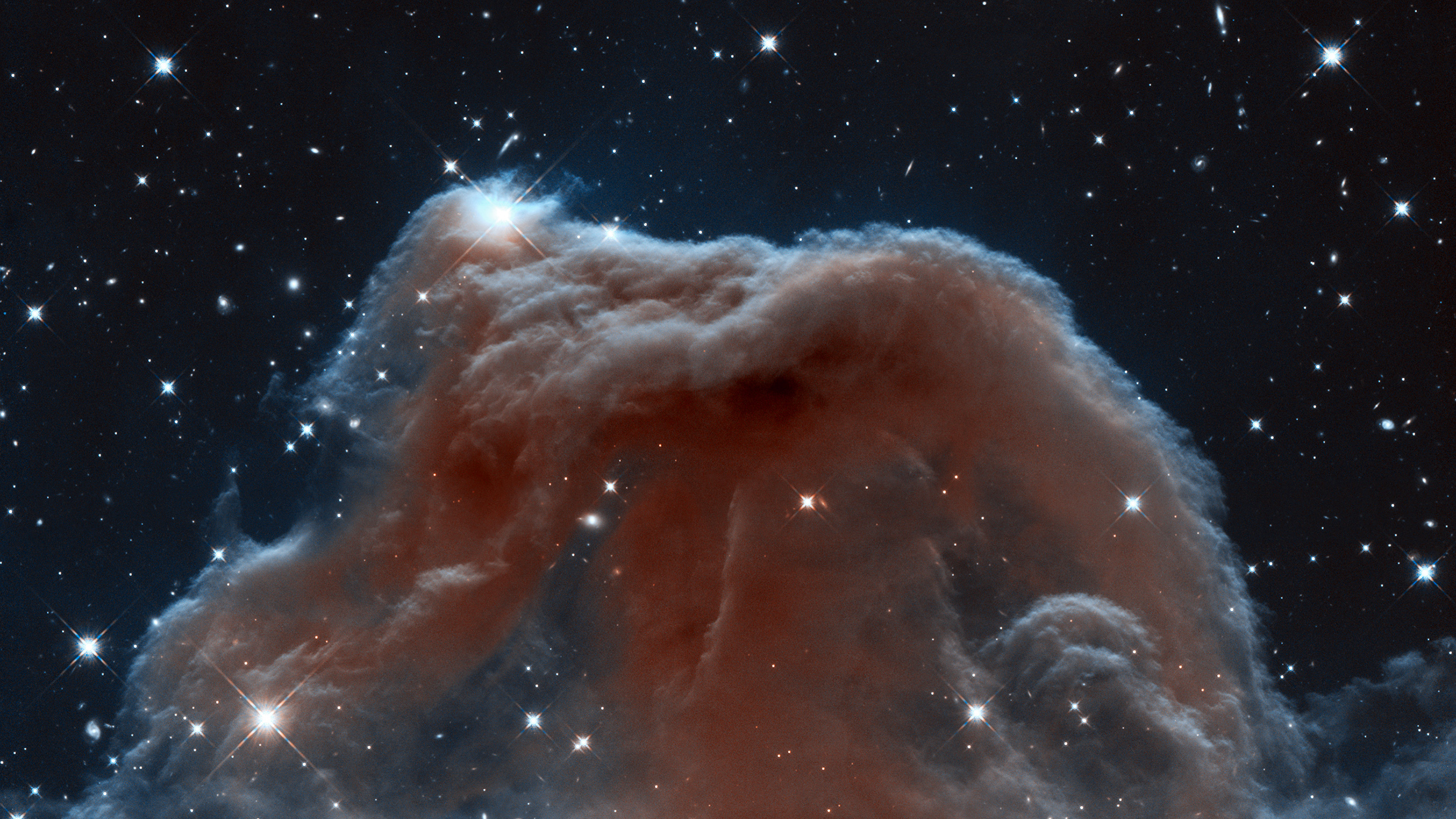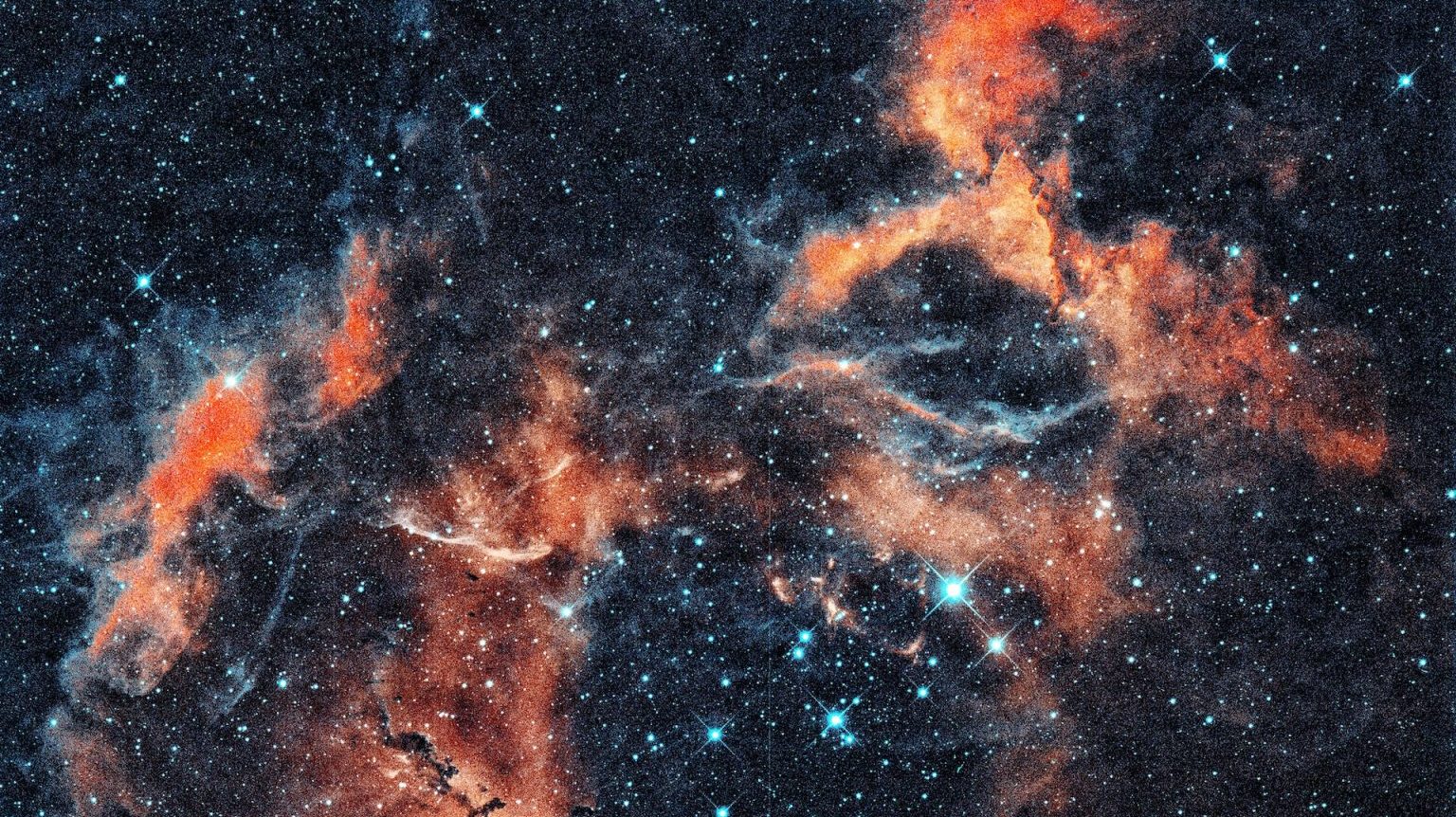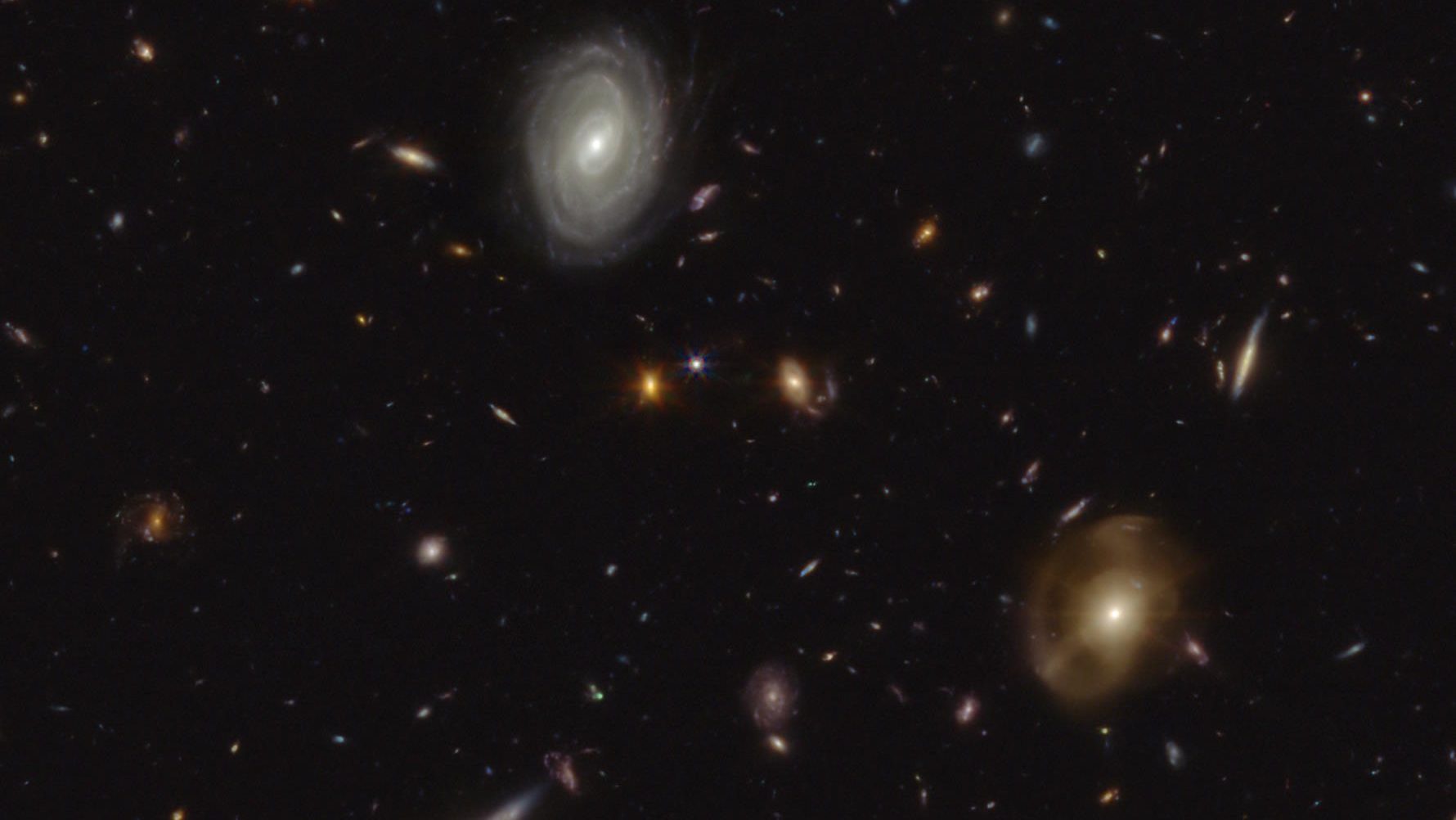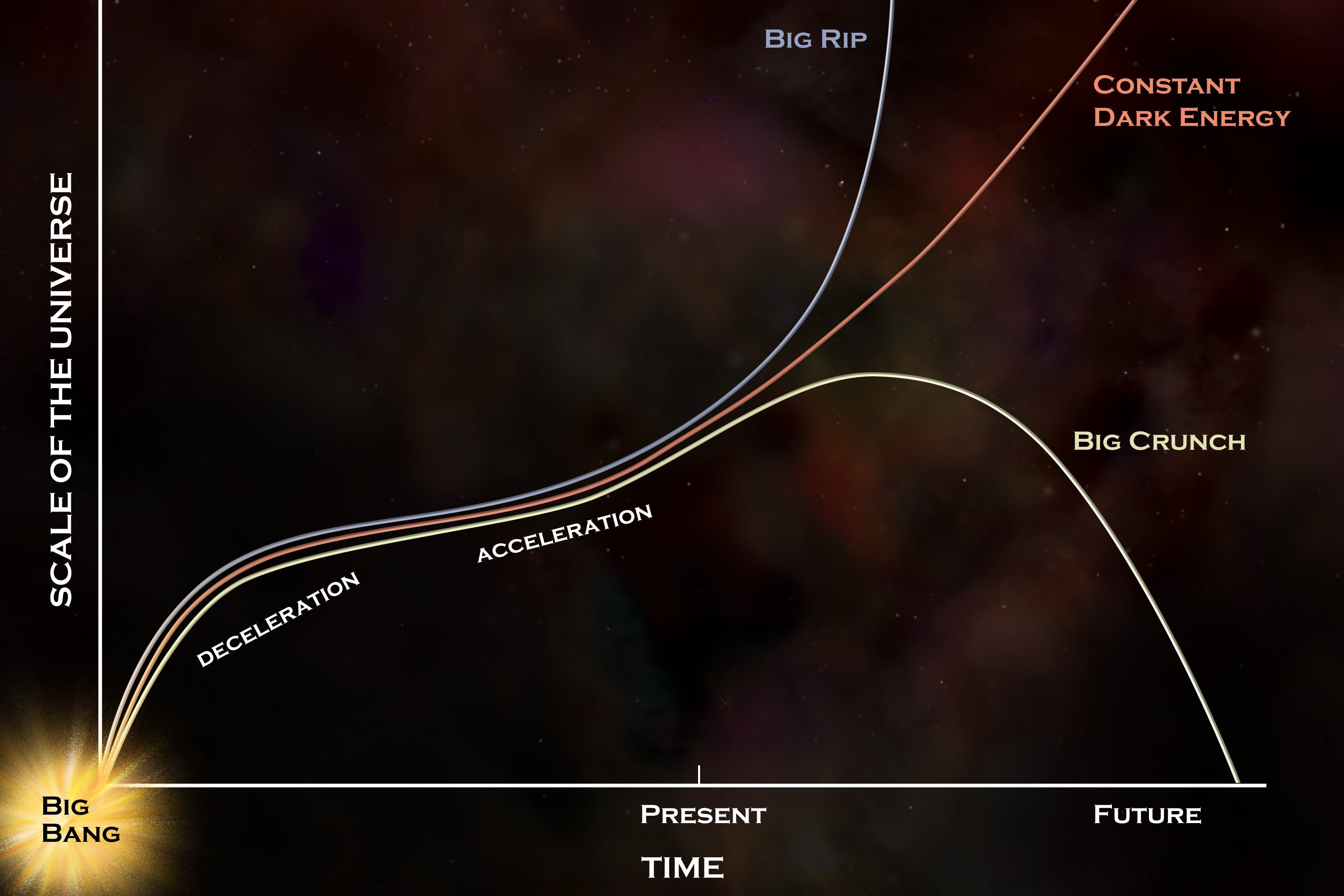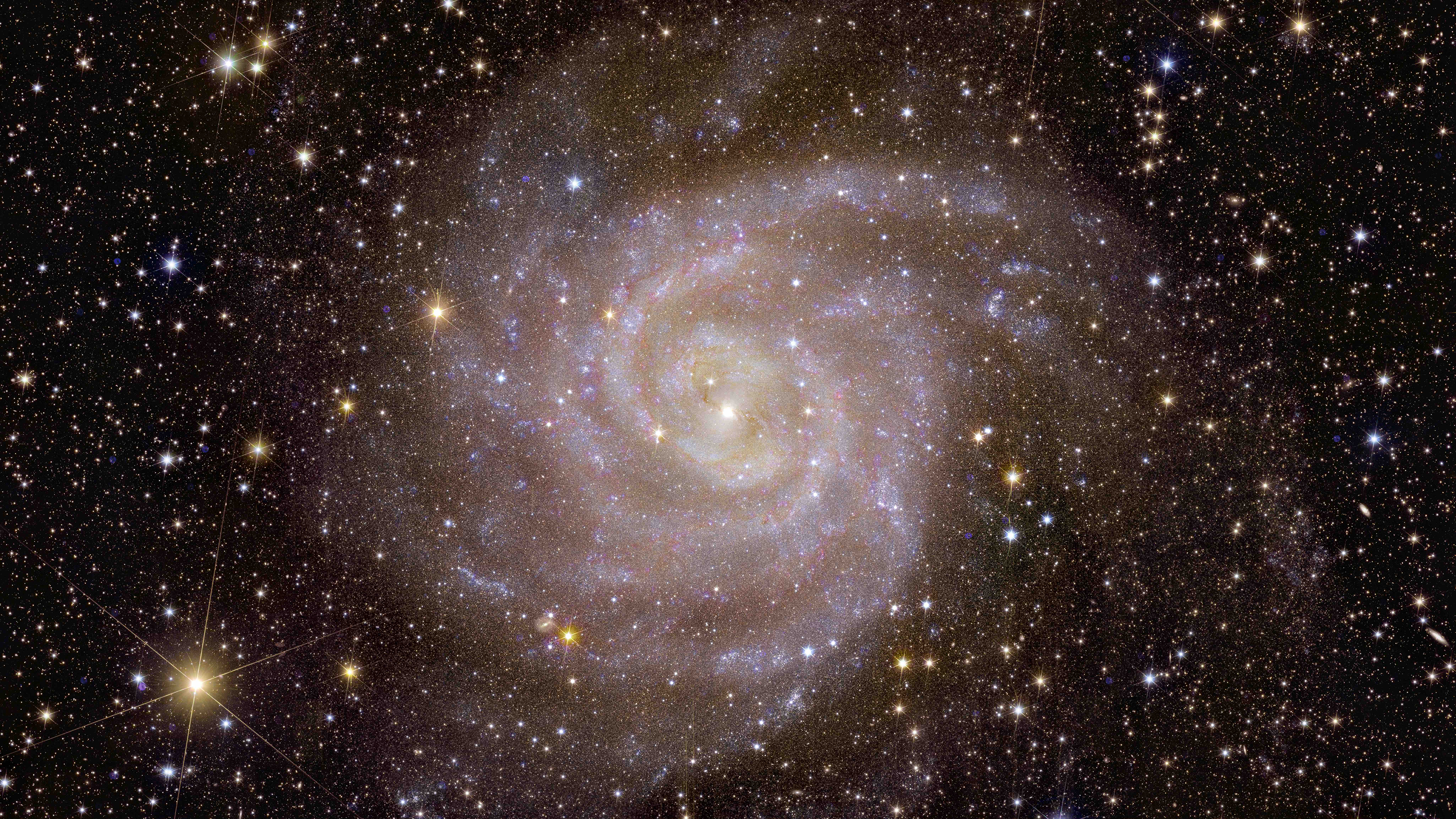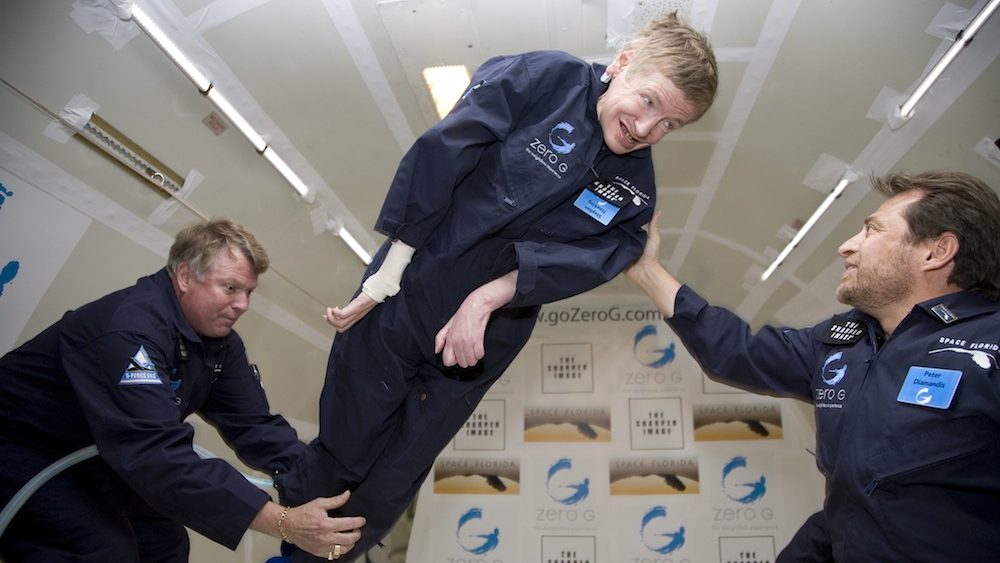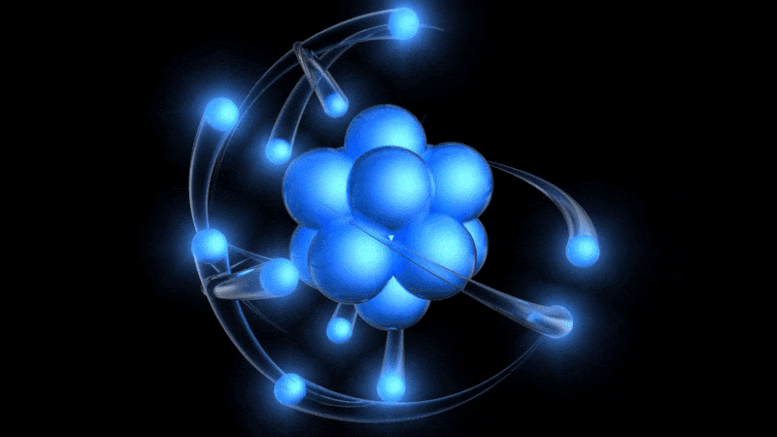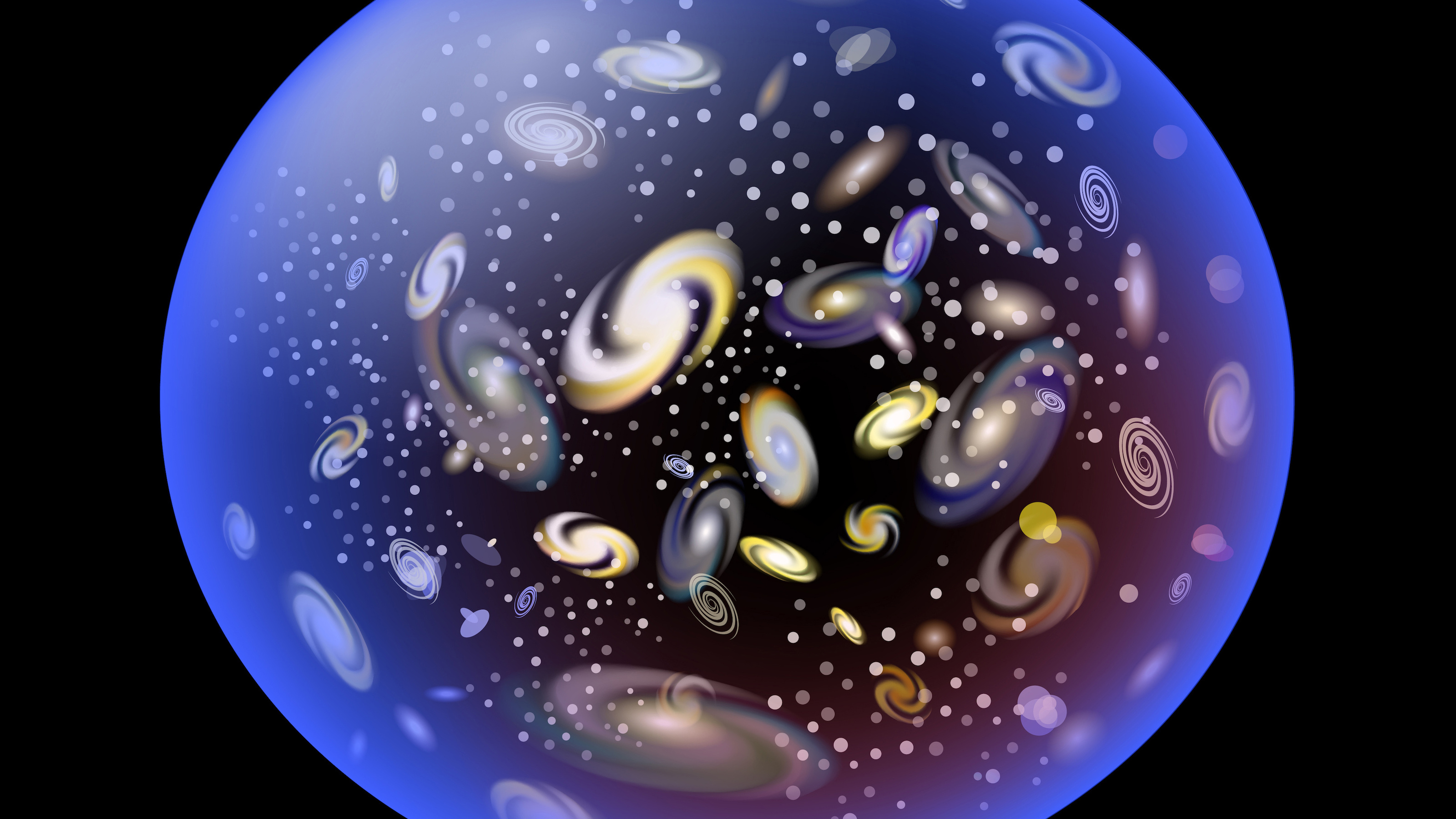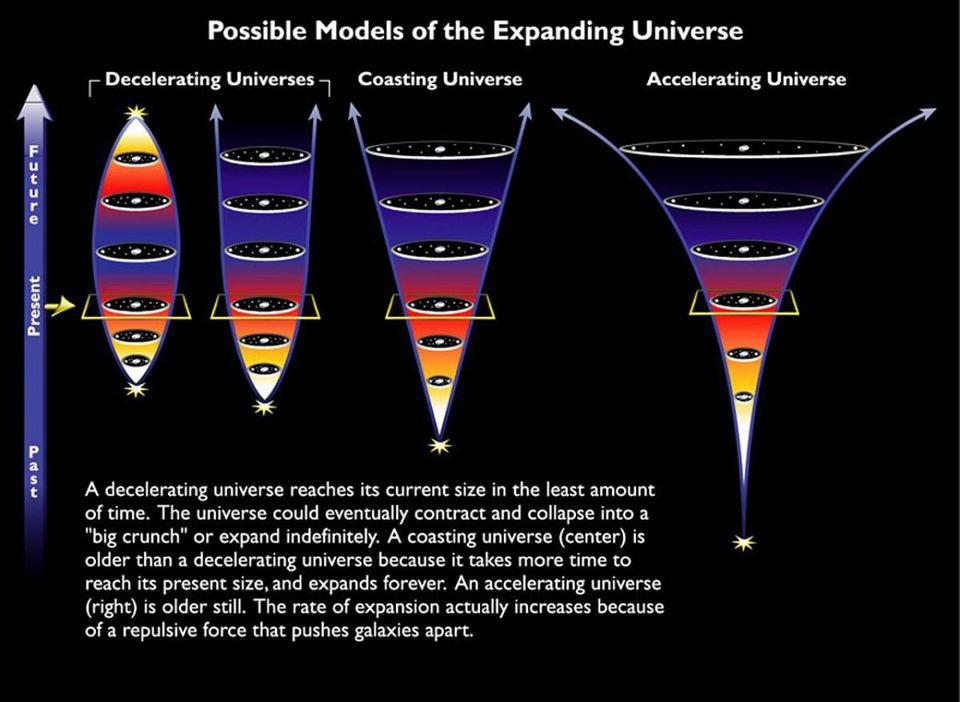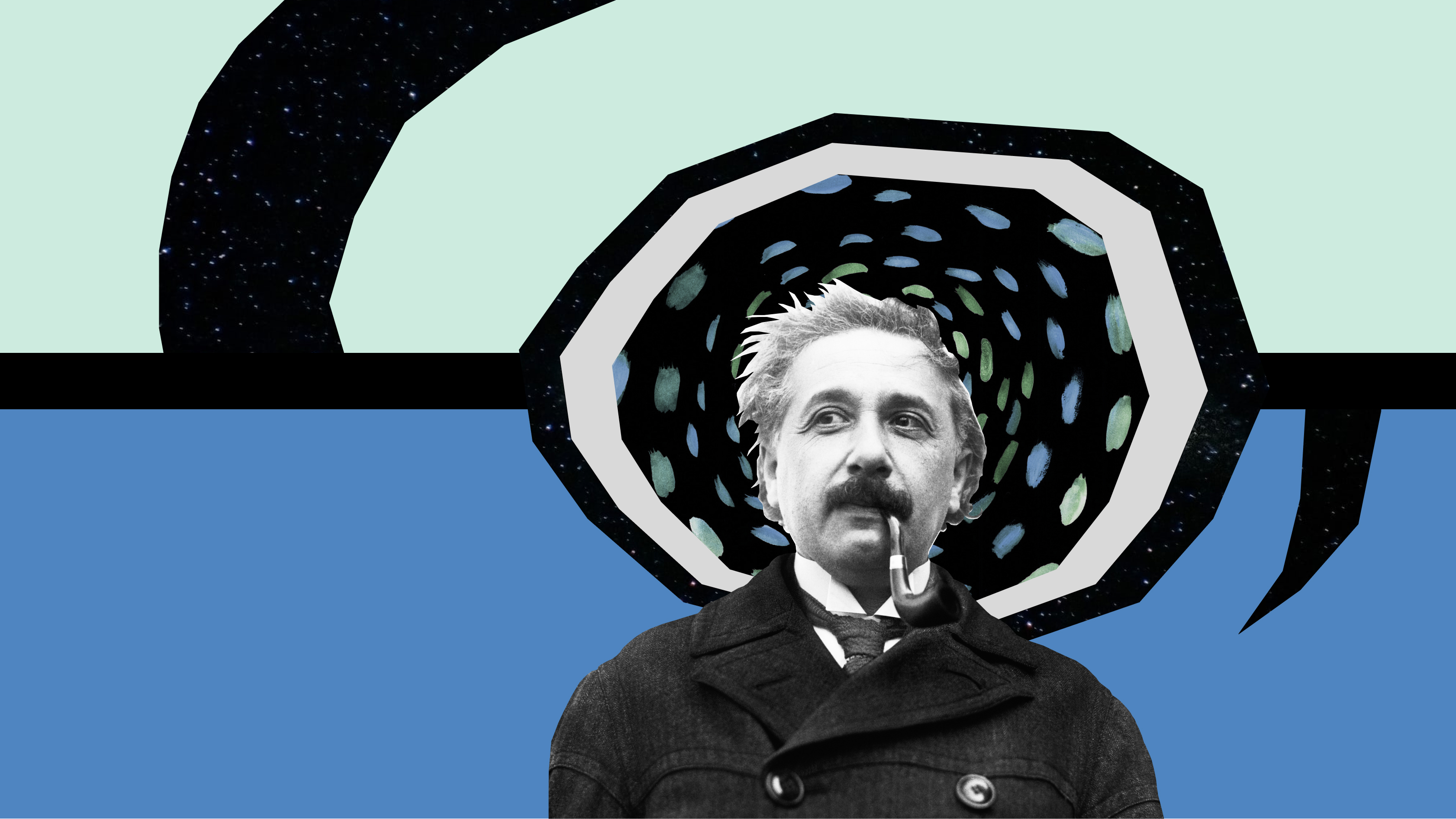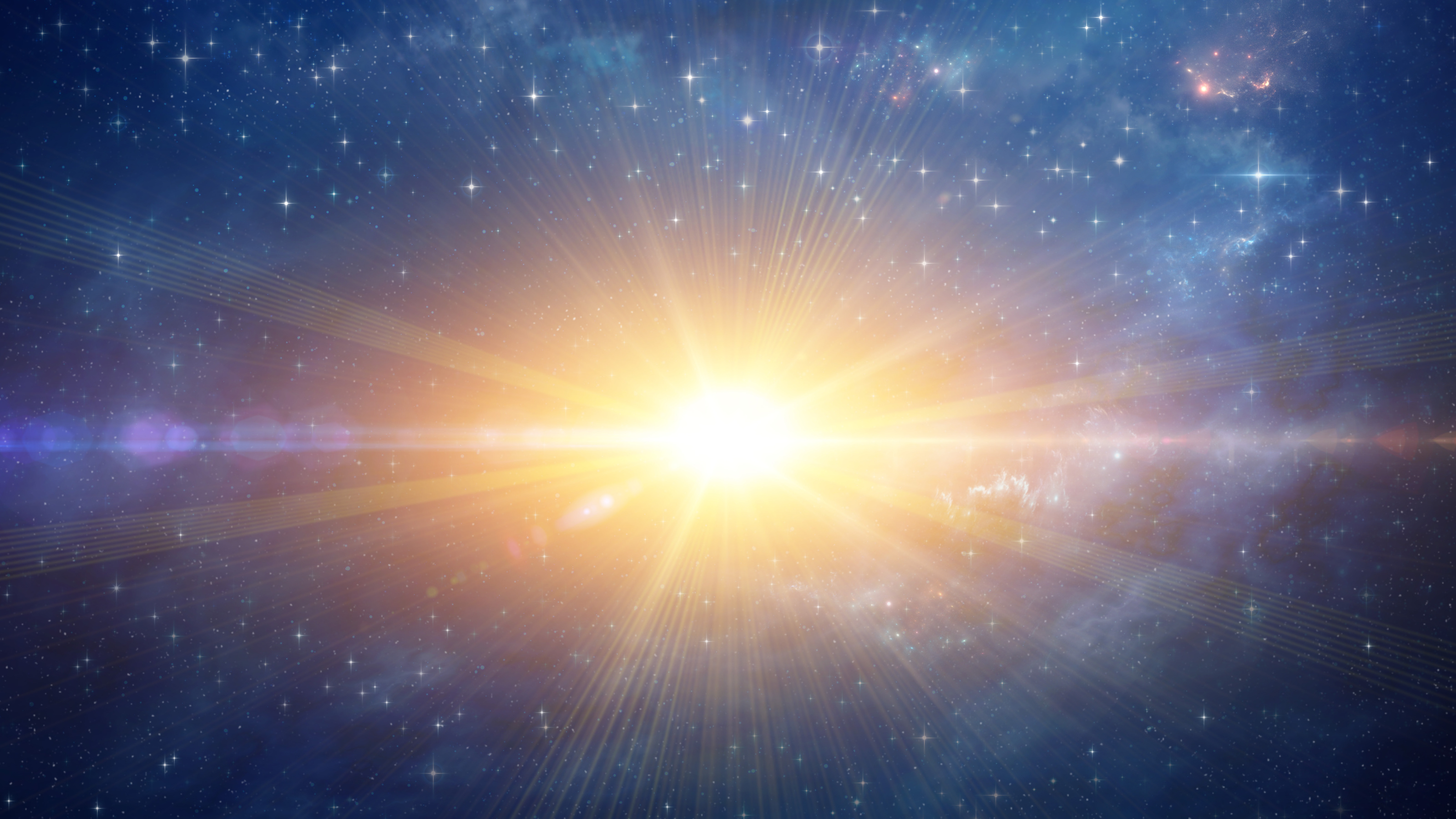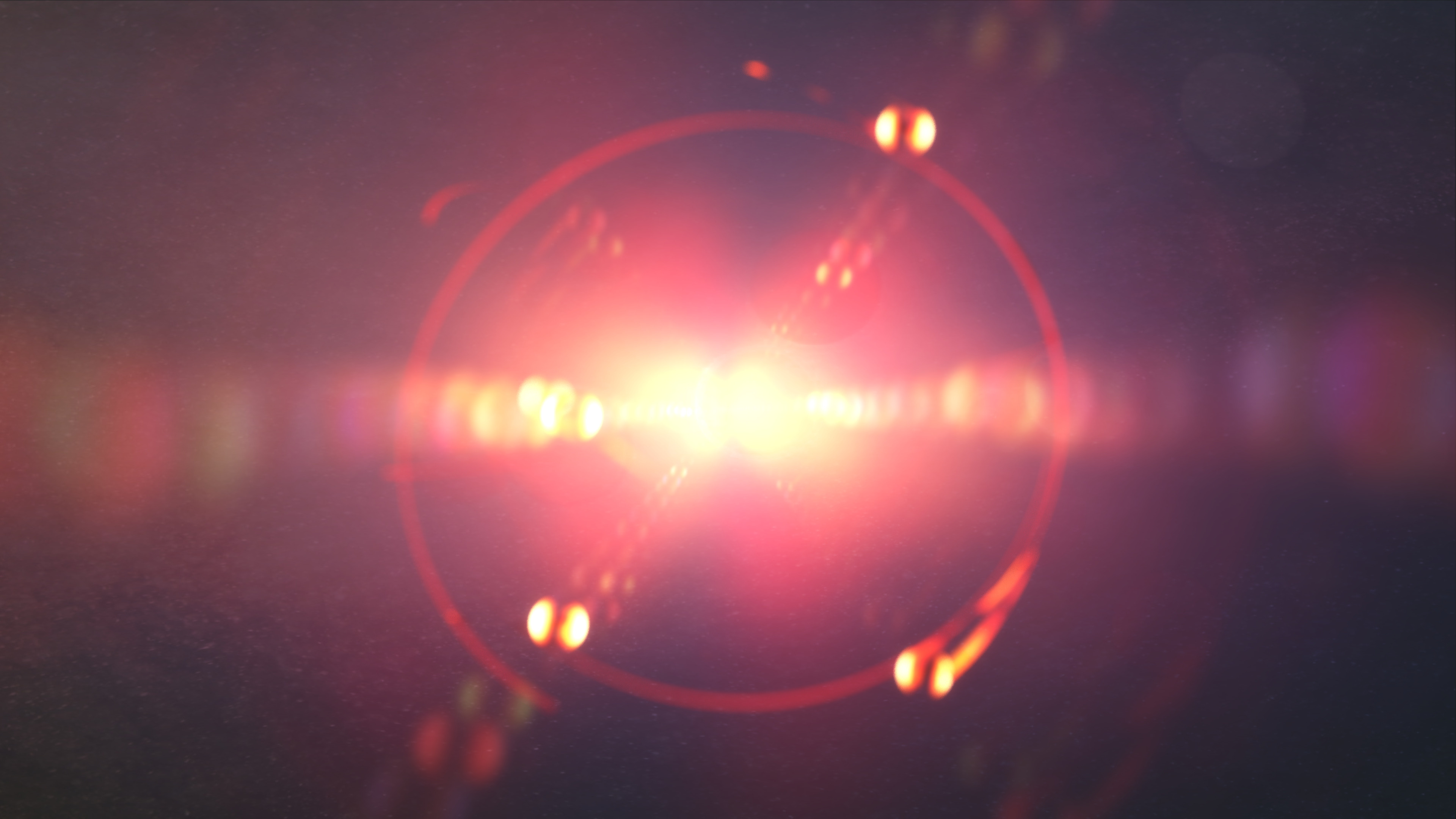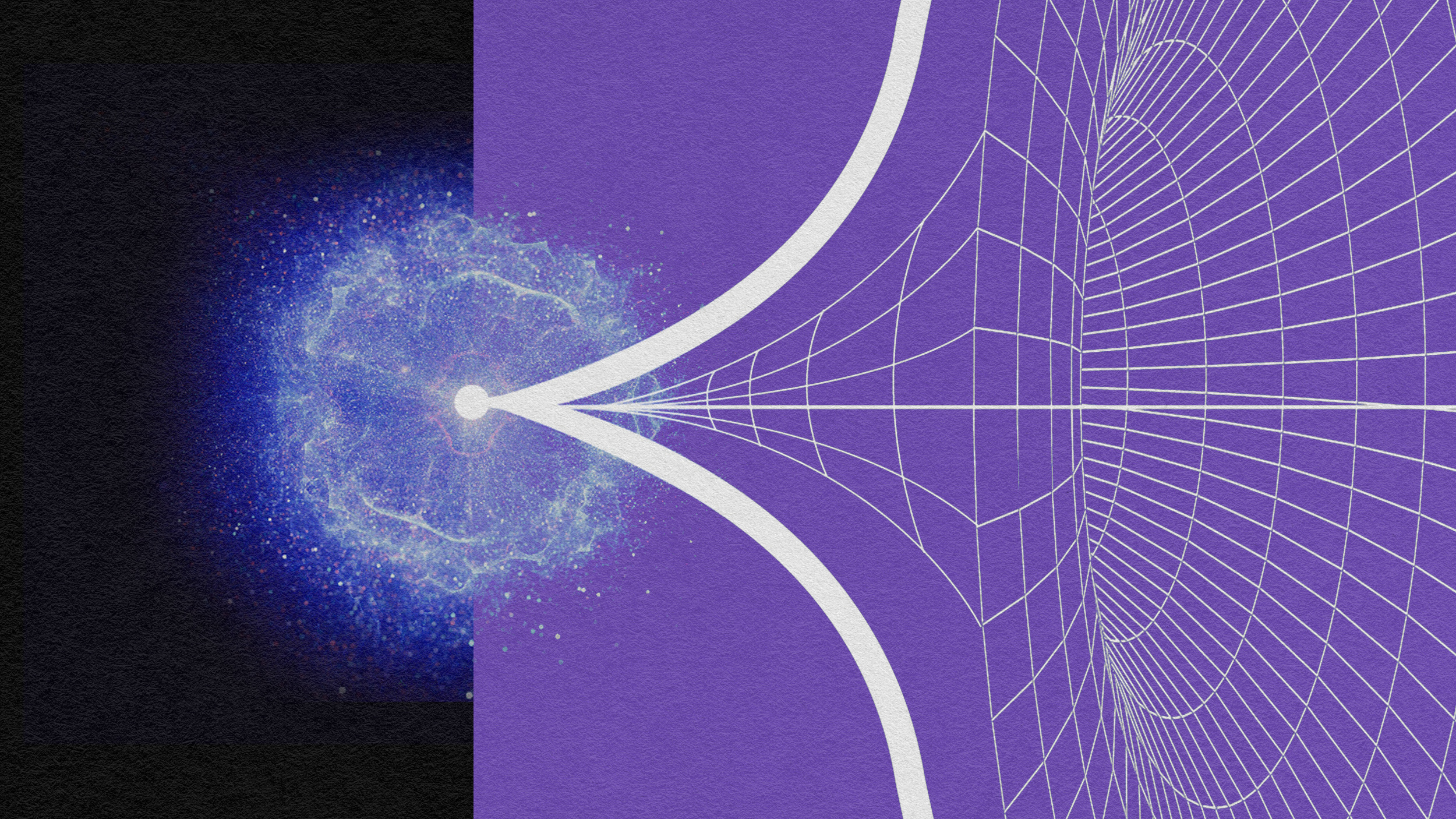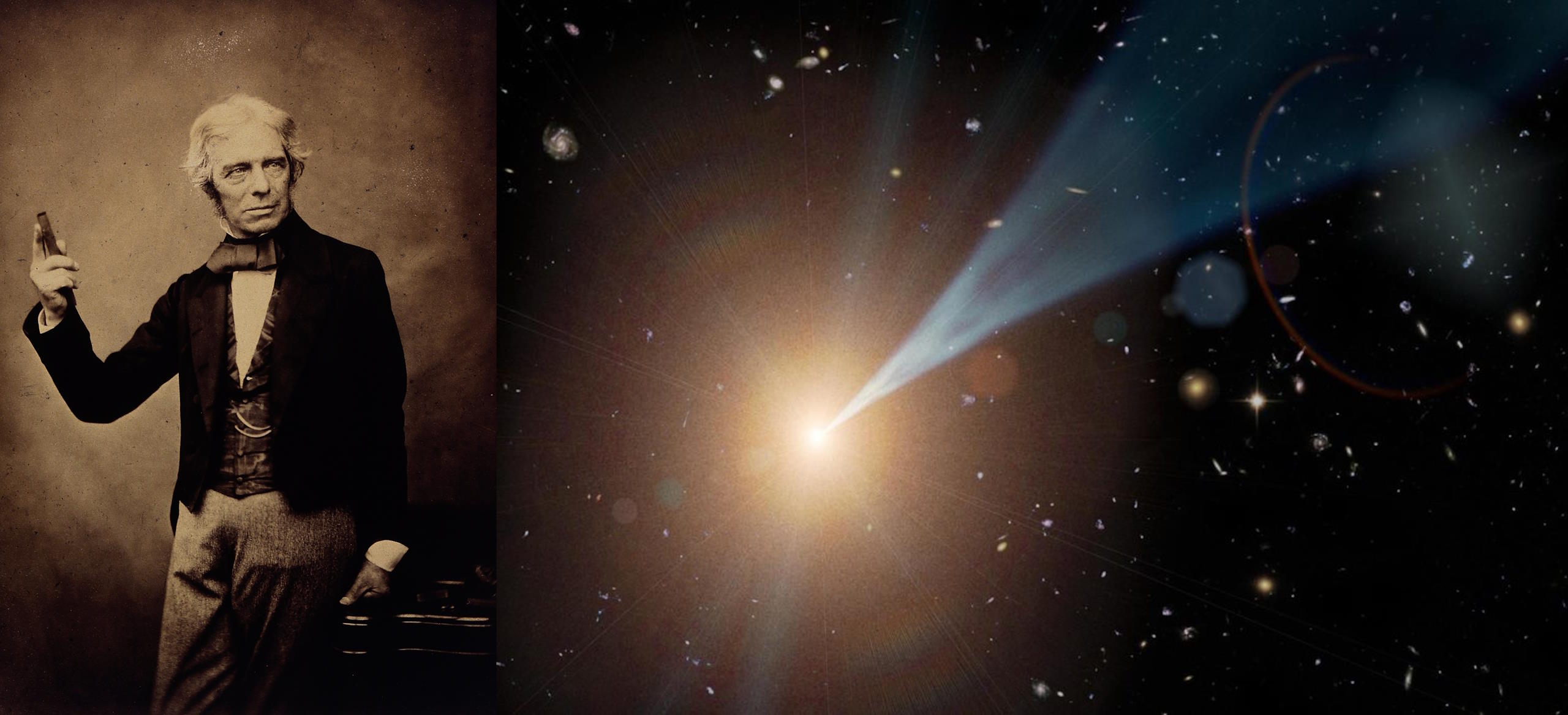Signals from across the universe point toward a fascinating possibility.
Search Results
You searched for: Physical Constants
Some constants, like the speed of light, exist with no underlying explanation. How many “fundamental constants” does our Universe require?
The information we have in the Universe is finite and limited, but our curiosity and wonder is forever insatiable. And always will be.
Within our observable Universe, there’s only one Earth and one “you.” But in a vast multiverse, so much more becomes possible.
Does it have a deeper significance — or is it just a number?
Two of the answers add a dimension to physics that doesn’t belong there. Maybe we could call it “astrotheology.”
The original principle of relativity, proposed by Galileo way back in the early 1600s, remains true in its unchanged form even today.
Measurements of the acceleration of the universe don’t agree, stumping physicists working to understand the cosmic past and future. A new proposal seeks to better align these estimates — and is likely testable.
A cute mathematical trick can “rescale” the Universe so that it isn’t actually expanding. But can that “trick” survive all our cosmic tests?
The Universe is expanding, and the Hubble constant tells us how fast. But how can it be a constant if the expansion is accelerating?
For many years, cosmologists have claimed the Universe is 13.8 billion years old. A new paper says no, it’s 26.7 billion. How do we decide?
Holograms preserve all of an object’s 3D information, but on a 2D surface. Could the holographic Universe idea lead us to higher dimensions?
For nearly 25 years, we thought we knew how the Universe would end. Now, new measurements point to a profoundly different conclusion.
It’s possible to remove all forms of matter, radiation, and curvature from space. When you do, dark energy still remains. Is this mandatory?
Perhaps the most remarkable fact about the Universe is simply that it, and everything in it, exists. But what’s the reason why?
For some reason, when we talk about the age of stars, galaxies, and the Universe, we use “years” to measure time. Can we do better?
We need a hypothesis that accounts for both the fine-tuning of physics for life but also the arbitrariness and gratuitous suffering we find in the world.
The mass that gravitates and the mass that resists motion are, somehow, the same mass. But even Einstein didn’t know why this is so.
Is gravity weaker over distances of billions of light-years?
Most fundamental constants could be a little larger or smaller, and our Universe would still be similar. But not the mass of the electron.
When Einstein gave General Relativity to the world, he included an extraneous cosmological constant. How did his ‘biggest blunder’ occur?
Dark energy is one of the biggest mysteries in all the Universe. Is there any way to avoid “having to live with it?”
Our thermodynamic arrow of time explains why the entropy of any isolated system always increases. But it can’t explain what we perceive.
Not even Einstein immediately knew the power of the equations he gave us.
The expanding Universe, in many ways, is the ultimate out-of-equilibrium system. After enough time passes, will we eventually get there?
Millennia ago, philosophers like Anaximander grasped that nature is the ultimate recycler.
The “first cause” problem may forever remain unsolved, as it doesn’t fit with the way we do science.
These practical strategies can help you conquer burnout and achieve a state of calm and focused productivity.
Analog could serve as “always-on” computing, while digital is turned on only when necessary.
Michael Faraday’s 1834 law of induction was the key experiment behind the eventual discovery of relativity. Einstein admitted it himself.
